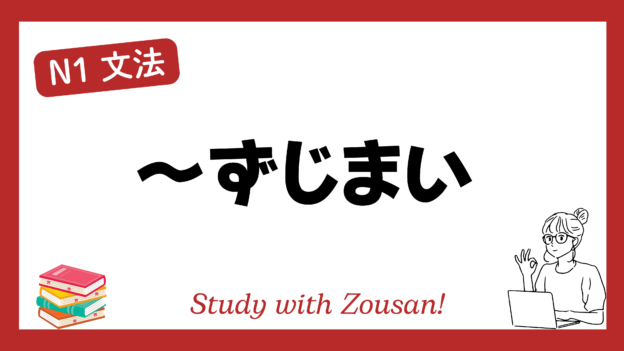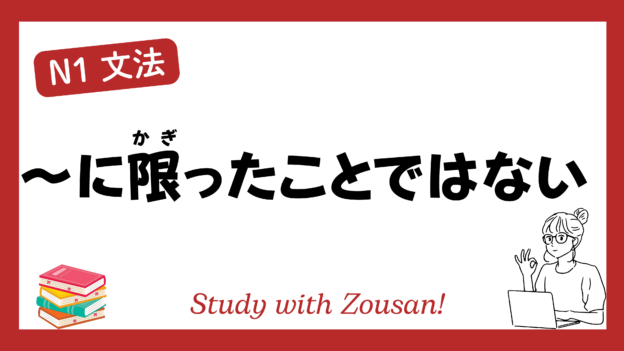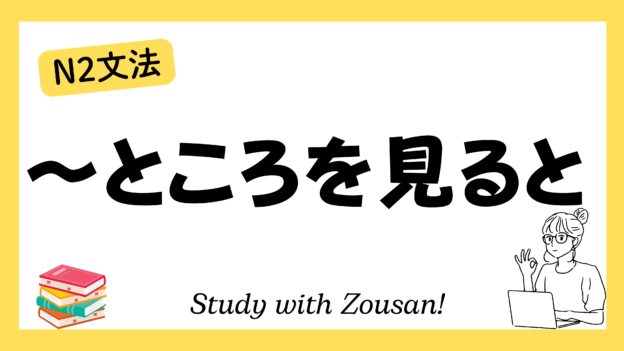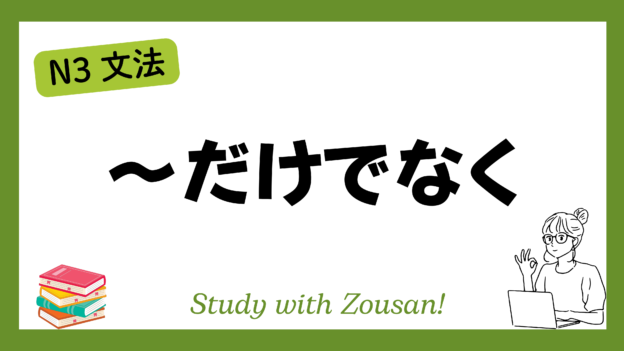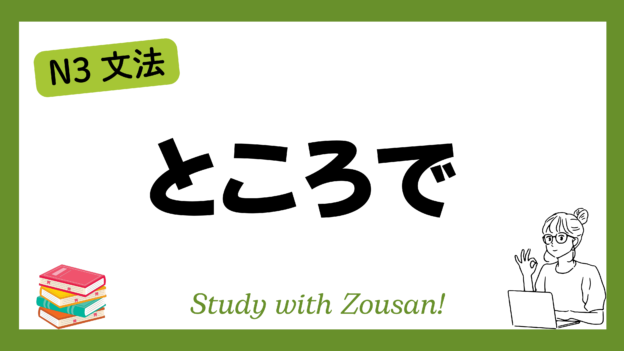N1文法:~ずじまい
Meaning: “In the end, didn’t…”, “Ended up not…”
This structure is used to express regret over not having done something that was planned or intended. It often conveys a sense of missed opportunity or unfulfilled intentions.
※Note: This structure is commonly used for past actions and implies that the opportunity has been lost.
Structure:
| Verb |
+ じまい |
| しない -> せず |
Example:
-
-
-
🌟 旅行に行こうと思っていたが、忙しくて行けずじまいだった。
(りょこう に いこう と おもっていた が、いそがしくて いけ ずじまい だった。)
I planned to go on a trip, but I was too busy and ended up not going. -
🌟 彼にお礼を言おうと思っていたが、会えずじまいだった。
(かれ に おれい を いおう と おもっていた が、あえ ずじまい だった。)
I intended to thank him, but in the end, I couldn’t meet him. -
🌟 彼女に手紙を書こうと思ったけど、忙しくて書かずじまいだった。
(かのじょ に てがみ を かこう と おもった けど、いそがしくて かか ずじまい だった。)
I planned to write her a letter, but I was too busy and ended up not writing it. -
🌟 本を読もうと思っていたけれど、結局読まずじまいだった。
(ほん を よもう と おもっていた けれど、けっきょく よま ずじまい だった。)
I intended to read the book, but in the end, I didn’t read it. -
🌟 友達に会いたかったが、忙しくて会えずじまいだった。
(ともだち に あいたかった が、いそがしくて あえ ずじまい だった。)
I wanted to meet my friend, but I was busy and ended up not seeing them. -
🌟 映画を見ようと思っていたけど、時間がなくて見ずじまいだった。
(えいが を みよう と おもっていた けど、じかん が なくて み ずじまい だった。)
I planned to watch the movie, but I didn’t have time and ended up not watching it. -
🌟 彼に真実を伝えたかったが、伝えられずじまいだった。
(かれ に しんじつ を つたえたかった が、つたえられ ずじまい だった。)
I wanted to tell him the truth, but in the end, I couldn’t. -
🌟 何度も連絡しようと思ったが、結局連絡せずじまいだった。
(なんども れんらく しよう と おもった が、けっきょく れんらく せずじまい だった。)
I thought about contacting him many times, but in the end, I didn’t. -
🌟 勉強しようと思ったが、疲れていて勉強せずじまいだった。
(べんきょう しよう と おもった が、つかれていて べんきょう せずじまい だった。)
I planned to study, but I was too tired and ended up not studying. -
🌟 彼女に謝ろうと思ったが、結局謝らずじまいだった。
(かのじょ に あやまろう と おもった が、けっきょく あやまら ずじまい だった。)
I wanted to apologize to her, but in the end, I didn’t.
-
-



